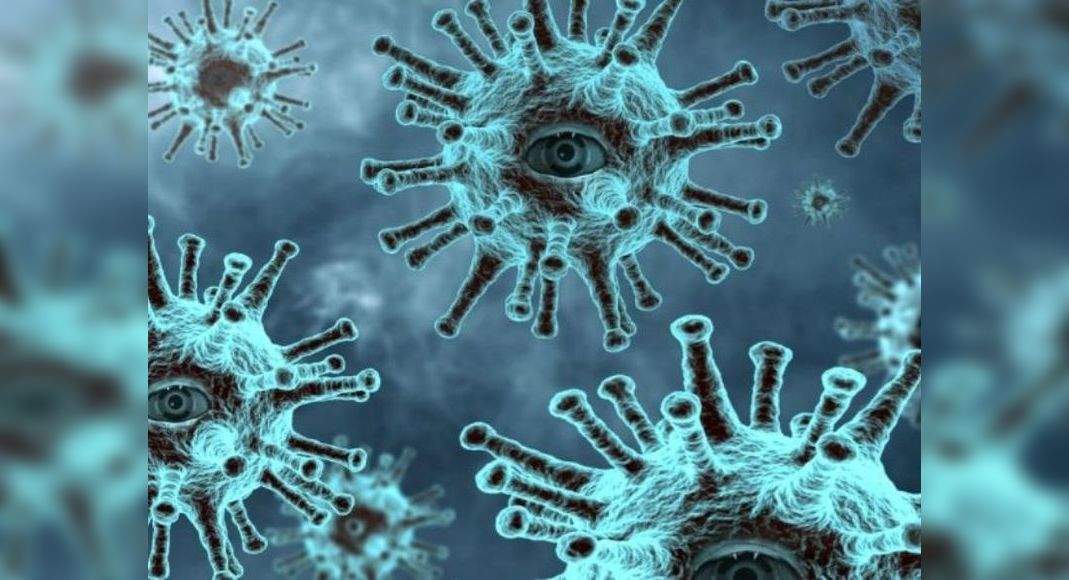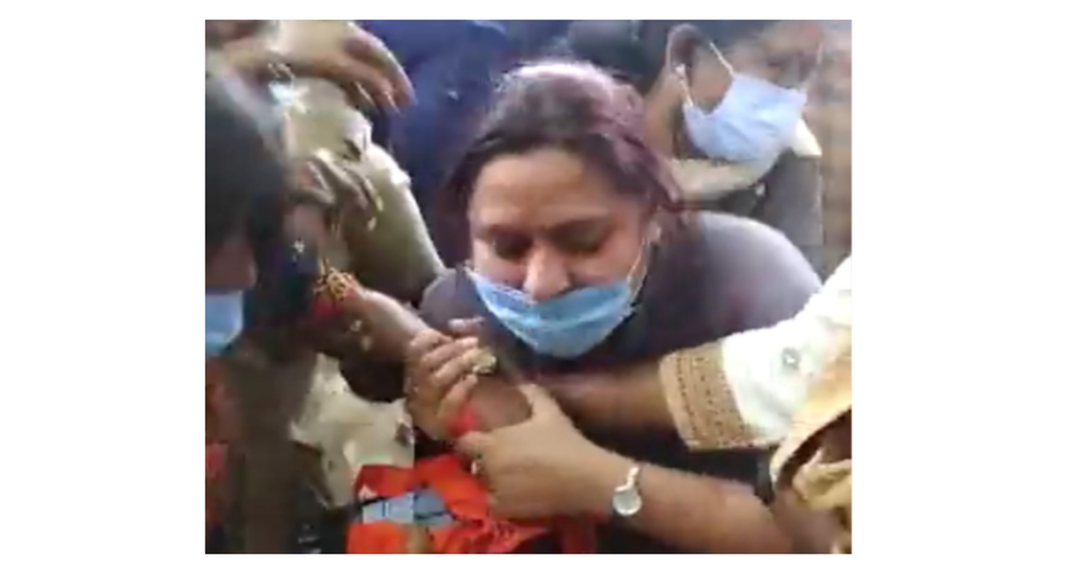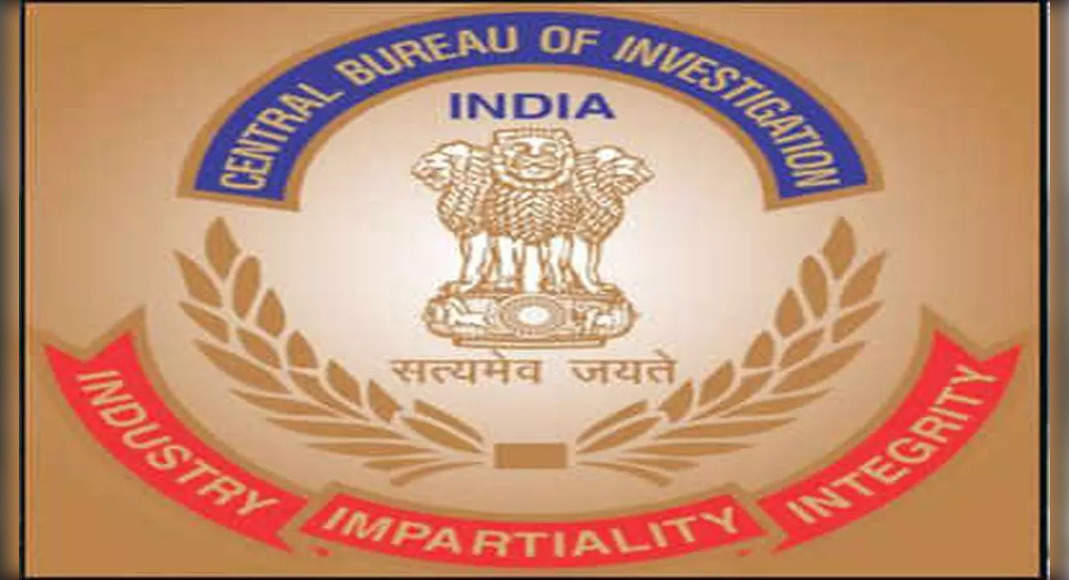CHENNAI: When scientists across the globe sounded the alarm about new variants of the SARS-Cov 2, which they suspect carry mutations with a potential to offset vaccine efficacy, officials in the state public health laboratory were busy drafting a proposal to set up a whole genome sequencing lab for the state.
If the proposal is cleared, the state will soon have its own lab to sequence genomic code of the virus by the end of June.
As the virus multiplies, tiny changes or mutations accumulate in its genetic code.
“Changes in the genetic structures can sometimes turn dangerous.
We wanted to be on top of these changes,” said health secretary J Radhakrishnan.
“Thought at present, this may not immediately affect prevention strategies or treatment protocols, but it will give us information about the patterns of transmission and an insight into how the virus has evolved.
This may help researchers find methods for rapid diagnosis or new drug pathways to stop the virus,” he said.
The lab will cost about Rs 2 crore.
Although several institutions in the state have facilities to sequence the genomes, the state health department does not have a specialised unit for the job.
The lab officials say the proposed lab will help them track the variants of vector borne diseases and superbugs resistant to antibiotics.
“While these are important scientific developments, we will still focus on the importance of masks, social distancing and vaccines,” said director of public health Dr TS Selvavinayagam.
Delta variantInformation available with the public health department shows the most common strain seen in the state, like in most parts of the country, is the double mutant B.1.617, now named Delta.
Until now, Tamil Nadu has sent more than 600 samples – at least 518 between April and May – to the Bengaluru-based In-Stem, as per recommendations from the Centre.
InStem is part of INSACOG (a consortium of 10 labs that track variants in Covid samples).
Results of more than 192 samples returned by the lab showed that 77% of samples drawn during the peak were Delta.
The remaining samples contained four other variants including Alpha and Beta.
Results of remaining samples are still awaited.
Sample from clustersScientists at the state public health lab said the results of genomic sequencing wasn’t something “unexpected”.
In January, scientists raised a red flag when they first noticed changes during PCR tests.
“One of the most frequently tested gene targets for the detection of SARS-CoV-2 is the S gene.
While the PCR detected N gene and open reading frame (ORF), it skipped S gene.
That’s when we suspected mutations,” said a senior scientist.
Samples from across the state were divided into categories – family clusters, community clusters, Covid in children, young adults with severe lung infection, breakthrough infections (infected 14 days after two vaccinations), samples from deceased and travellers.
“These categories will give us more information about what kind of variants are seen in each of these categories,” he said.







